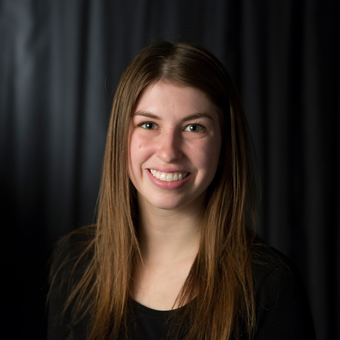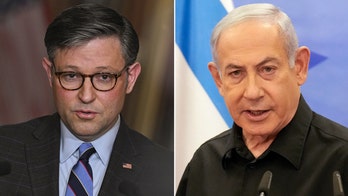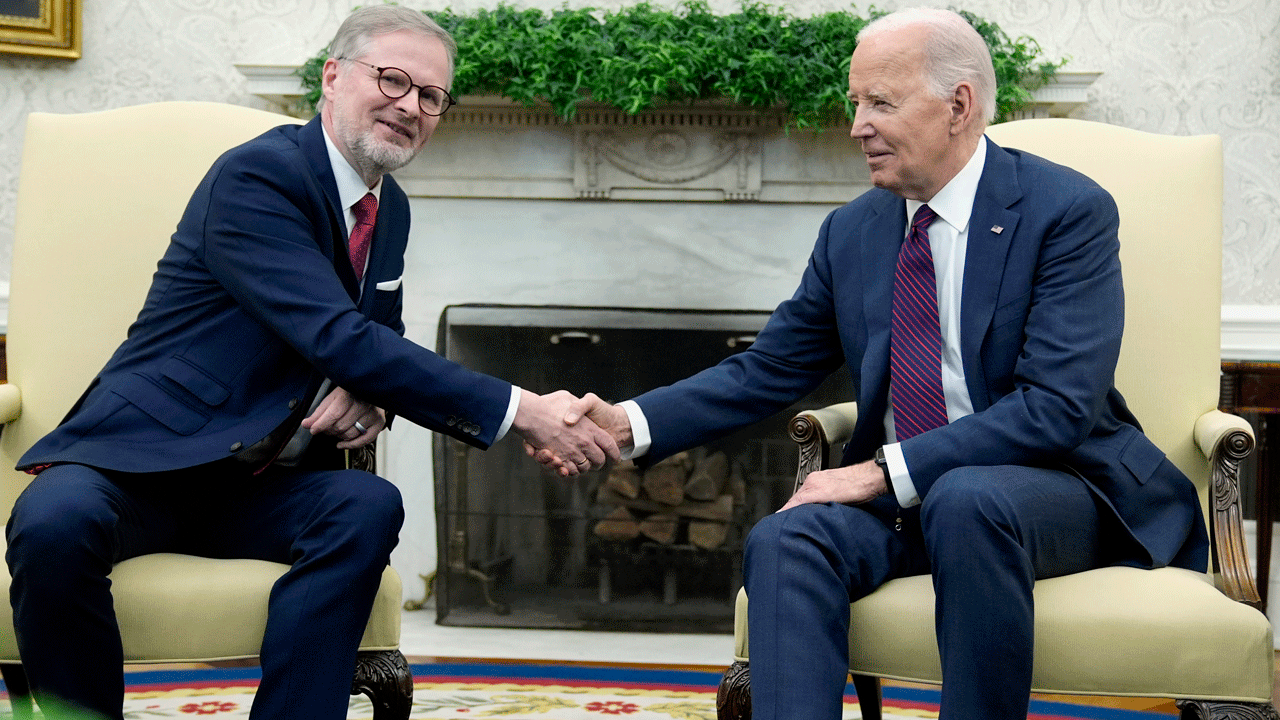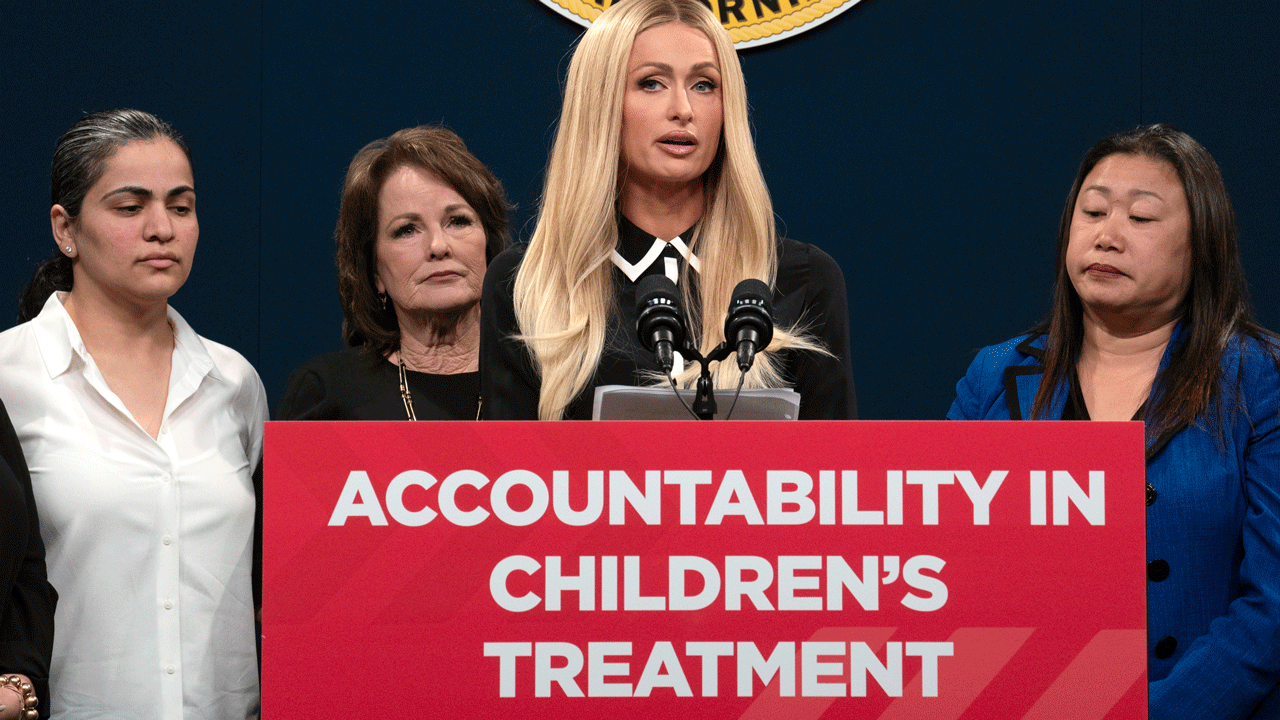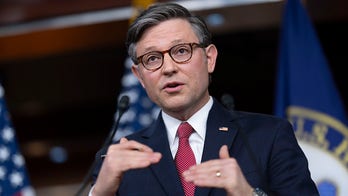Kamala Harris cemented her place in history on Wednesday, becoming the first woman and the first woman of color, to be sworn in as the vice president of the United States.
Harris, 56, the daughter of immigrants from India and Jamaica, brings with her a litany of firsts: She is the first woman vice president, the first Black vice president and the first South Asian vice president. She was sworn in by Justice Sonia Sotomayor, another historic female first as the first Latina Supreme Court justice.
"I'm here today because of the women who came before me," Harris, a former California senator, tweeted on Wednesday ahead of the inauguration.
She chose to be sworn in using two Bibles: One previously belonged to Regina Shelton, whom Harris has described as a mother-like figure to herself and her sister Maya, and the second belonged to the late civil rights icon and Supreme Court Justice Thurgood Marshall, whom Harris has previously credited with inspiring her career.
TRUMP LEAVES LETTER FOR BIDEN BEFORE DEPARTING WHITE HOUSE
A former San Francisco district attorney, Harris rose to national prominence when she was elected as the first Black woman to serve as California's attorney general in 2010. Harris held that position until 2016, when she was elected to the Senate. She is one of only two Black women to have served as a U.S. senator.
Harris attended Howard University, a historically Black university in Washington, D.C., where she joined Alpha Kappa Alpha Sorority, the first historically Black sorority.
Harris' mother, Shyamala Gopalan, immigrated to the U.S. at the age of 19 to pursue a doctorate in nutrition and endocrinology at the University of California, Berkeley. The senator has previously spoken about how Gopalana, a civil rights activist and later a single mother, had a profound influence on her.
"To the woman who is most responsible for my presence here today, my mother, Shyamala Gopalan Harris, who is always in our hearts," Harris said in the video on Wednesday. "When she came here from India at the age of 19, she maybe didn't quite imagine this moment. But she believed so deeply in an America where a moment like this is possible."
Biden tapped Harris as his running mate in August, months after she ended her own presidential bid, calling her the "best person to help me take this fight to Donald Trump and Mike Pence and then to lead this nation starting in January 2021."
BIDEN HAS NOT HAD CONTACT WITH TRUMP AHEAD OF INAUGURATION, AIDE SAYS
Harris garnered national attention during the beginning of the Democratic primary when she confronted Biden about his history with segregation, including his opposition to busing and his work with lawmakers who were staunch opponents of desegregation. The exchange went viral, highlighting weaknesses in Biden's campaign and catapulting her in the polls.
Biden later said the attack was surprising given that Harris, as attorney general, had worked closely with her Delaware counterpart, Biden's son Beau.
Still, his selection of Harris came as no surprise; the Biden campaign was hoping that she could generate enthusiasm among young voters and people of color, particularly after months of protests and racial unrest across the country sparked by the death of George Floyd, a Black man, at the hands of a White Minneapolis police officer.
Who Biden selected as his vice president carried extra significance in this election because he will become the oldest president in American history after turning 78 later this month
While accepting the Democratic nomination for vice president during the party's convention in August, Harris, in sweeping remarks, touched on the legacy of Black women who came before her and paved the way for the historical moment.
"Without fanfare or recognition, they organized, testified, rallied, marched, and fought — not just for their vote, but for a seat at the table," Harris said, mentioning women such as Constance Baker Motley, Fannie Lou Hamer and Shirley Chisholm. "We’re not often taught their stories. But as Americans, we all stand on their shoulders."
